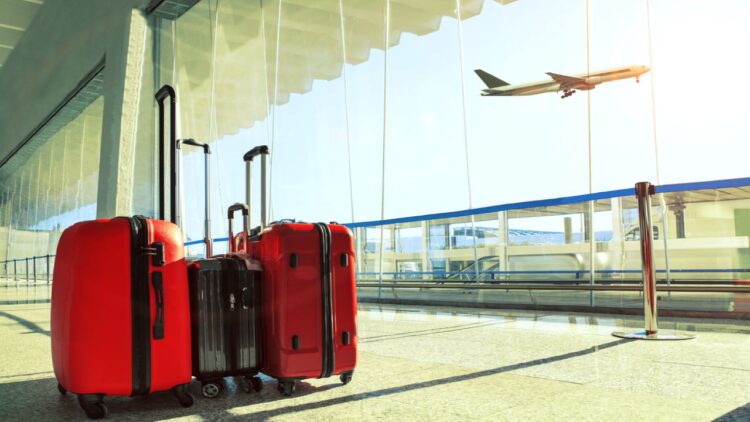How to fully enjoy your study & stay abroad?
7 WAYS TO FULLY ENJOY YOUR SEMESTER ABROAD
Studying abroad is a great opportunity to explore new places and immerse yourself in new cultures. It’s also a fantastic chance to learn more about yourself, seize new adventures and have new experiences. Here are 7 tips to get the most out of your semester abroad!
1. GET TO KNOW YOUR HOST CITY
Whilst traveling to different places is fun, it’s also worth spending some time getting to know your host city. Not only is it the city you’ll be spending most of your time in, but it will also be a much more memorable and rewarding experience if you do. Take the opportunity to immerse yourself in the language, the culture, food and to make connections with the locals.
2. KEEP A JOURNAL
Keeping a journal is a fantastic way to document your time and experiences during your study abroad. It will help you to remember specific details and events more clearly in the future, as well as afford you the opportunity to be honest and capture your feelings and emotions more accurately. A journal will allow you to record special moments and memories that you can cherish in years to come. You can also add photographs to your journal or even create a blog to document your time.
3. DON’T BE AFRAID TO TRY NEW THINGS
Although it can be intimidating or even frightening to try new things, your time studying abroad is a fantastic opportunity for you to get out of your comfort zone and take on new challenges and experiences.
“Give new experiences and opportunities a go,” suggests David Anderson, a business writer at State of writing and Boom essays. “Try new foods, experiment with different types of clothing or even try new activities you may not have done in the past. Ultimately, it will widen your experience and allow you to have a more fulfilling time.”
4. DO SOME RESEARCH BEFORE TRAVELING
Whilst being spontaneous is fun, it can also be worthwhile to spend some time doing research and planning before you travel. Spend time researching your host city so that you don’t miss out on local celebrations or events. Similarly, if you’re planning on visiting other countries or areas, research alternative travel options or hostels to stay in. A little research can help you to save money, whilst also making sure that you can organize your time more effectively.
5. CREATE A REALISTIC BUDGET
Traveling can be expensive, especially when you are a full-time student. Make sure that you create a realistic budget before traveling abroad. Not only will this help you to ensure you have enough money for all your necessary daily expenses, but it will also help you to set some money aside for trips and spontaneous adventures.
6. TRAVEL ALONE
Whilst traveling with others is fun, taking some time to travel and explore on your own is also important. Although it can be nerve-wracking to travel alone, it also offers you the chance to be more independent and create more meaningful memories.
7. DON’T OVER-PLAN YOUR TRIP
Making plans can be helpful and comforting. Yet, over-planning can mean that you miss out on adventures. Don’t be afraid to be spontaneous and to take the opportunity to have an experience you hadn’t planned for. Over-planning can also lead to unnecessary stress as you try to stick to your timetable. Instead, be flexible and allow yourself some space to readjust your plans and make the most of the surprising opportunities that present themselves.
CONCLUSION
Wherever you go on your study trip abroad, make sure that you maintain a positive and open mindset. Don’t be afraid to experiment and try new things, including taking time to explore safely on your own. Above all, remember that this is a fantastic opportunity to be adventurous and learn more about yourself, as well as your host country.



